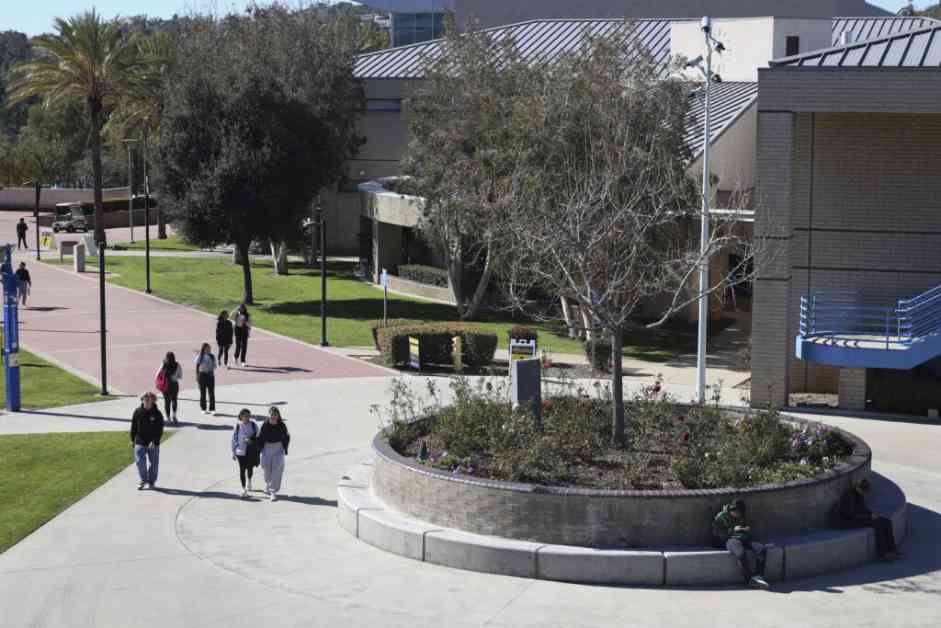Challenges in Expanding Community College Bachelor’s Degrees in California
Rudy Garcia, a hardworking father and IT support professional, was thrilled to hear about the opportunity to pursue a bachelor’s degree in cybersecurity and network operations at his local community college, Moorpark in Ventura County. With aspirations of advancing his career to secure a better future for his family, Garcia saw this degree as a stepping stone to success. However, despite Moorpark’s initial proposal two years ago, the college is among seven in California that are still awaiting final approval for new bachelor’s degrees.
Delays and Disagreements
The delay in approving these degrees stems from concerns raised by California State University (CSU) about potential duplication of their own programs. While a 2021 law allows community colleges to introduce new bachelor’s degrees to meet local labor needs, disagreements over what constitutes duplication have stalled some proposals. This has left students like Garcia in limbo, unable to pursue the educational opportunities they desperately need to advance in their careers.
Hope on the Horizon
However, there is a glimmer of hope on the horizon. The seven delayed degrees are currently under review by WestEd, a neutral third-party organization tasked with making final decisions on these programs. Colleges are eagerly anticipating WestEd’s verdict, which could potentially lead to program approvals, revisions, or denials. While the timeline for a decision remains uncertain, there is optimism that a resolution will be reached soon.
The Human Side of the Story
Garcia’s story is just one of many that highlight the challenges faced by students and colleges in expanding bachelor’s degree programs at community colleges in California. The frustrations of students like Garcia, who are eager to enhance their skills and career prospects, are palpable. The impact of these delays goes beyond individual aspirations; it affects entire communities and the state’s workforce development.
As we await WestEd’s decisions, it is crucial to recognize the importance of these bachelor’s degree programs in providing accessible and affordable higher education opportunities to students across California. The potential benefits of these programs extend far beyond individual success stories like Garcia’s—they have the power to transform lives, strengthen communities, and drive economic growth. Let us hope that the path forward is a collaborative one, guided by reason, empathy, and a shared commitment to student success.
